Criticism arises on landlord taking on off-campus housing project
Greenleaf president calls reporting bias, unfair
Courtesy of Greenleaf & Co.
The proposed housing project by Greenleaf is set to begin in sping of ‘16.
November 18, 2015
The possibility of solving SUNY Buffalo State’s housing dilemma with more than 600 beds at an off-campus apartment complex has many on campus giddy.
However, a recent story by Dan Telvock of the Investigative Post may temper some of that excitement.
The Investigative Post, a non-profit investigative reporting center in Western New York, reports that the landlord, Greenleaf & Co., has a history of complaints from current and past tenants. The complaints range from leaky ceilings, to electrical and heating problems, as well as unfairly handling security deposits.
In one case at 353 Bird Ave., the ceiling collapsed on two different tenants, including Elizabeth Coffie. Coffie and other tenants experienced ceilings leaks from the dining room ceiling.
“That’s where I eat,” Coffie told the Investigative Post. “They came and just threw cardboard up there, changed the ceiling tile, and that was it.”
How about 309 Elmwood Ave.?
A ceiling fan shot sparks and sewage that flooded the basement remained there “for months.”
And 198 Rees St.?
Last January, Erie County Health Department cited 17 lead paint hazards inside and outside the house. In one instance, a child was diagnosed with blood-lead levels. The house was ordered to be demolished in 90 days.
It came as no surprise, but Greenleaf president Jim Swiezy was far from happy about the Investigative Post’s story.
“It was very, very biased and misleading,” Swiezy told The Record. “Being a landlord is not easy. You’re dealing with students living away for the first time and atop of it, dealing with properties that were in poor position when we purchased them. When you combine the two, it creates some complaints.”
The housing project at Buffalo State will border Grant, Rees, and Bradley Street and Rockwell Road.
Swiezy said that Greenleaf was ready to build a similar project in that area “seven or eight” years ago when the Request for Proposal came out. Buffalo State was very interested, but eventually changed its mind and chose to build its own dorms.
“That put us in a bad spot because we didn’t anticipate on managing these properties,” Swiezy said.
This time around, it seems to be a perfect fit for Greenleaf. However, Buffalo State did make sure the agreement included some key guidelines.
“We’ve built in pieces into the agreement,” said Michael LeVine, Buffalo State vice president for finance and management. “We required an advisor board so that we can hear if there are any kind of complaints. We built in an annual student survey so that we’re able to monitor that activity that’s going on there.”
LeVine said he’s been working with Greenleaf on a potential agreement for nearly three years and it’s not something the college just jumped into without doing its due diligences.
“It’s going to happen whether we participate or not,” LeVine said. “We felt like it was in our best interest to work with [Swiezy] because it is so close to campus, it’s going to look like it’s a part of the campus. But it is a private development.”
The college will trade three pieces of property to Greenleaf for the construction of student housing. In exchange, Buffalo State will receive three parcels to build an alumni house and visitor center.
The housing is one of the biggest concerns at Buffalo State, as several hundred students were forced to live at Canisius and Medaille colleges, and all first-year freshmen are living in triples. The housing project would virtually eliminate that problem.
But the complaints about Greenleaf’s history are difficult to ignore. Beyond rocky living conditions, former tenants claimed that security deposits were handled unfairly.
Jason Parker, who rented from Greenleaf on 29 Bryant, told the Investigative Post that when he moved out of the apartment, he left it spotless. But Greenleaf charged him $155 for not “thoroughly” cleaning the stove, living room floor, and bathroom.
When Parker complained to Greenleaf about the charges, its human resources and property manager gave him a deal: It would relieve him of the charges, but only if he removed his negative online reviews.
“It doesn’t sound very ethical at all and I told them I was not comfortable doing such,” Parker told the Investigative Post.
Three other former tenants spoke to the Investigative Post about similar claims regarding security deposits and former tenants “have filed at least 74 Small Claims Court Case against Greenleaf since the late 1990s,” the Investigative Post found – many regarding security deposits.
But Swiezy was quick to point out that 74 really isn’t too many when one considers that 1,000 to 1,200 tenants are living in Greenleaf homes every year for the past 17 years.
“That’s less than one percent of the tenants we’ve had,” Swiezy said. “We’re not perfect. I’m not trying to say that we have this thing down – we certainly have our share of problems. But at the same time, we take every situation seriously and we attempt to remedy whatever the challenge is.”
Kyle Arena, a senior economics major at Buffalo State, spoke with The Record about his experiences at three Greenleaf apartments.
Arena, a Rochester native, lived in both the upper and lower apartments on 429 Parkdale for two years in “absolutely horrible” conditions. He now lives at 309 Elmwood and has been satisfied thus far.
His lease began in June 2013 for the lower apartment on Parkdale. When winter rolled around, Arena and his roommate quickly found out that the heat wouldn’t go any higher than 55 degrees.
After taking a trip down to the basement, Arena found the vents completely disconnected from the furnace. Birds were getting into the vents, thus blowing feathers all over the apartment.
“Because of that malfunction with the furnace, we had $400 gas bills,” Arena said.
When Arena went to Greenleaf’s office on Delaware to complain, its property manager at the time gave him $150 to “basically not say anything about it” and allow him and his roommates to pay the gas bill.
“It kind of just got swept underneath the rug,” Arena said. “I don’t even know if it’s been fixed. I wouldn’t be surprised if I went back to that basement and it was still messed up.”
After that lease ended, Arena gave the upper apartment a shot. Heating wasn’t the problem this time, but holes in the roof allowed birds to fly in.
“You could hear birds flying around in the attic,” Arena said. “You’d go into the attic and there would be bird poop, rats and birds everywhere. It was disgusting.”
And when Arena would call for a complaint?
“You’d have to hassle them over and over again,” Arena said. “There are some people there that will make sure it gets taken care of, but most of the time they just kind of ignore you.”
Security deposits were another nightmare.
At 429 Parkdale, the security deposit was $1,000 for Arena. To ensure that Arena and his two roommates got back the entire deposit, they steamed the carpets and thoroughly cleaned the kitchen and bathroom.
“Two months after moving out, we got a $200 bill from Greenleaf saying that we didn’t clean anything,” Arena said. “That’s on top of the $1,000 security deposit that we’ll never see.”
Swiezy said that a “majority” of tenants get their security back.
Arena disagreed.
“They’re just stealing from me,” he said. “That’s how I look at them taking my whole security deposits – they’re robbing me.”
Swiezy said that Greenleaf handles security deposits for all of its apartments in a universal way. Tenants are given a move-in sheet and are asked to mark the condition of the apartment when they take possession. Once the tenants move out, Greenleaf then inspects the apartment’s condition and compares it to the move-in sheet.
“It’s not like we just go in and say, “You owe $900 because we don’t like the way you left the apartment,’” Swiezy said. “If someone doesn’t take the responsibility of filling out the sheet completely, then there’s room for misinterpretation.”
Arena was one of five of former tenants of Greenleaf apartments to reach out to The Record for this story, but was the only one currently enrolled at Buffalo State – none had positive reviews.
Swiezy was unhappy with what he called “selective reporting” by the Investigative Post. Swiezy said that he sent the Investigative Post a list of over 20 contractors that Greenleaf is currently doing business with, and a list of 25 to 30 long-term tenants of Greenleaf apartments. Only one contractor and one tenant were used in the story.
“He focused on that negative subset,” Swiezy said of Telvock. “If someone is not happy, he or she is really quick to criticize,” Swiezy said,” but who is going to write a positive Yelp review about how the good the move out went? Nobody is going to take the time to do that.”
Unlike much of Swiezy’s off-campus apartments, Greenleaf has hired consultants to oversee the project, as well as an expert on student housing to manage it.
“It’s not like they’re going to do it with their current staffing,” LeVine said.
The City of Buffalo Planning Board approved Greenleaf’s student housing project and Common Council approved the rezoning of the property. Greenleaf has also secured over $20 million in term sheets from multiple banks for the project.
Swiezy estimates to break ground in late March and finish the project in June of 2017.
Swiezy is confident the project will revitalize Grant Street and be a key addition to the Buffalo State campus despite the widespread criticism.
“Our reputation is getting beaten up because we bought these houses that nobody wanted,” Swiezy said. “Four or five years ago nobody wanted to even walk down Grant Street. There were criminals, there were drug dealers, there was prostitution, there were shootings and muggings.
“We knocked down a majority of these homes and cleaned them up. If people would just give us a chance, I think they’ll see that this project is going to be transformational for the area.”
email: [email protected]


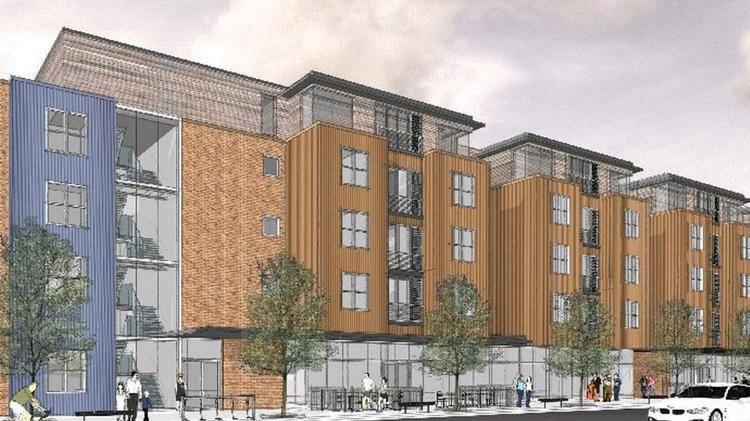




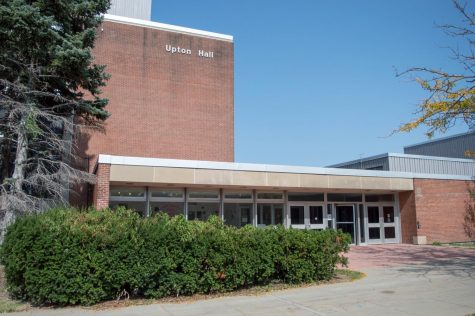
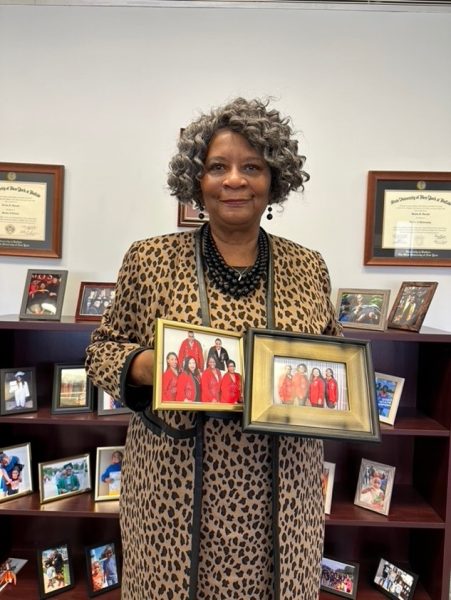
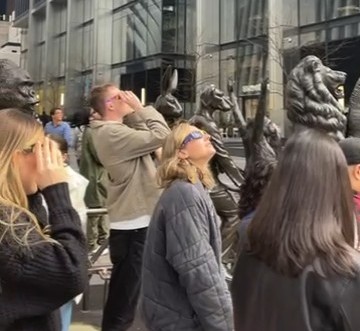
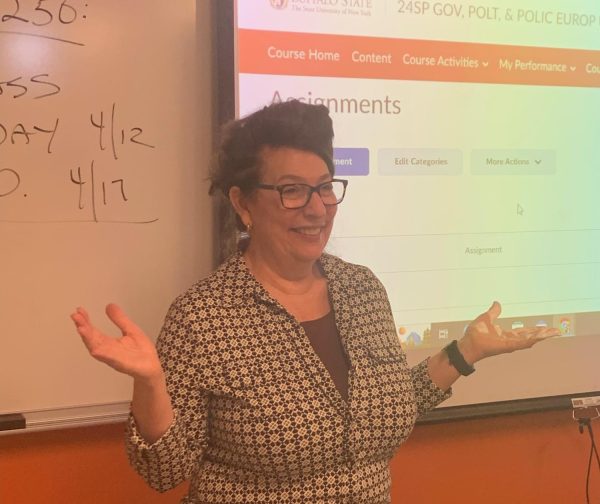

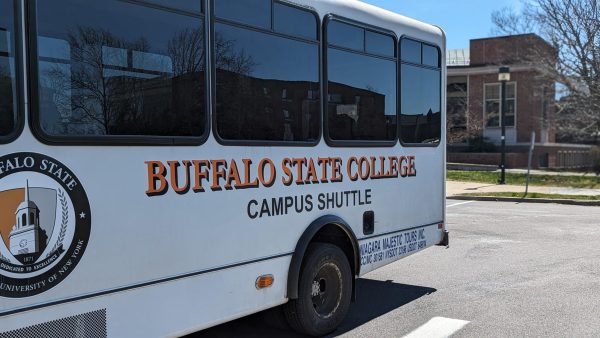

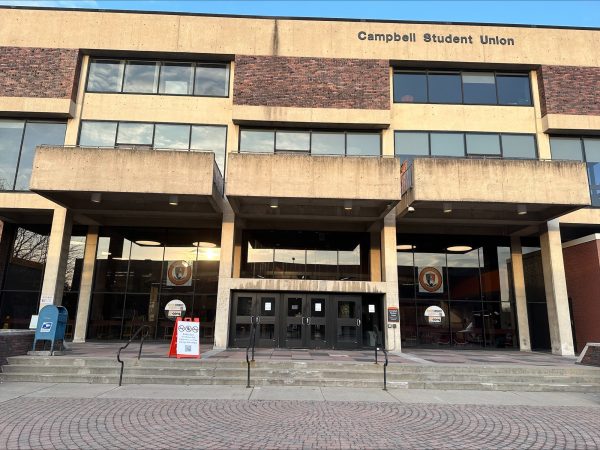
rob cooper • May 20, 2016 at 6:56 pm
To Dave DeLuca, Ex, Editor
Dave, Good article on off-campus housing.
I would like to contact Dan Telvock of the Investigative Post. Is there some way you could put us in touch?
Thanks in advance.
Rob